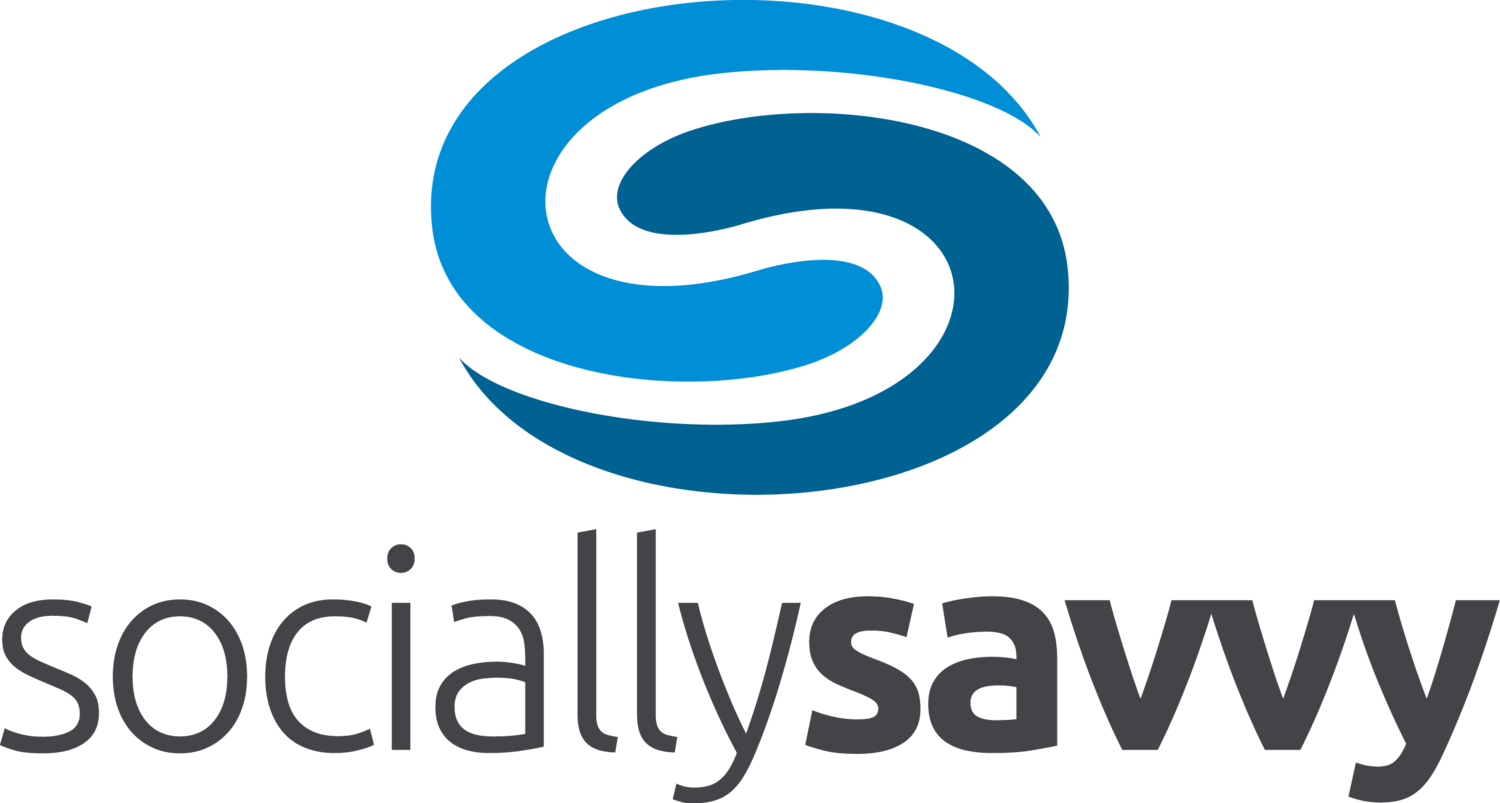Do you understand the trilogy of terms used to define social interactions by employees? Below are straight-forward definitions for employee engagement, advocacy and influence.
Employee engagement is a property of the relationship between an organization and its employees. An "engaged employee" is one who is fully absorbed by and enthusiastic about their work and so takes positive action to further the organization’s reputation and interests. (Wikipedia)
Employee advocacy is the promotion of an organization by its staff members.
How likely are you to recommend your company's products or services to a friend or family member?
How likely are you to recommend a job at your company to a friend or family member? (Whatis.com & Forrester Research)
Employee influence is the outcome of a positive and productive relationship between a company and its employee that in turn translates into more satisfied customers, a positive customer experience and an improved bottom line.
Insights
In the social business space, the success of a corporate program is directly related to the quality of the onboarding, activation and retention of employees’ behaviors. Successful social business programs focus on improving individual brands, and by proxy, the corporate identity.
Organizations should accelerate the journey to train each employee in the use and tactics of social media, develop the employee's judgment when interacting in social channels and incent behavior and activity that leads to social engagement.
Firms that undertake the critical first steps toward a viable social employee engagement program will, in time, reap the benefits of their employees’ social maturity. Employee advocacy and influence will have a positive impact on customers, fellow employees and business success.

